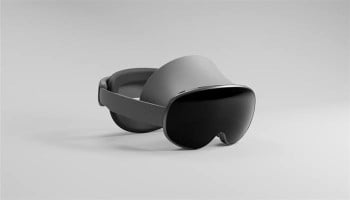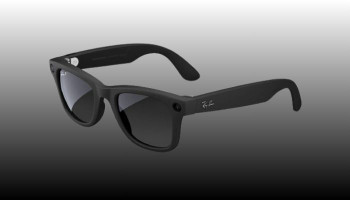
With increased usage of wearable smart devices, the Cabinet Division has released a cybersecurity advisory cautioning against the potential risks posed by them in a sensitive environment.
The advisory emphasised the potential risks posed by high-end devices integrated with cutting-edge technology, including smartwatches and fitness trackers, endangering your privacy by exposing classified information.
The use of these wearbles in confidential workspaces, meetings, and other locations might lead to data leaks, cyberattacks, and more.
According to the Cabinet Division, numerous incidents in the country have exposed the cybersecurity vulnerabilities associated with high-end wearable devices. Over a few years ago, data from Fitbit users revealed the locations of secret facilities, raising serious concerns regarding unauthorised tracking.
To reduce these potential risks, the advisory directs a formal evaluation and auditing procedure before wearable devices are allowed in sensitive locations. The evaluation will diligently assess the data encryption standards and authentication mechanisms of every device.
Any of the devices failing to meet security requirements will be disallowed until vulnerabilities are addressed. Explicit approval will be needed before any wearable device is used in important areas.
Wearable devices would be restricted in the regions where confidential meetings and functionalities occur. Permitted devices would receive numerous security assessments, support significant features such as GPS and Bluetooth disabled, and more updates.
In addition, network access for these devices will be limited unless strict security protocols, such as encryption and segmentation, are in place. Multi-factor authentication (MFA) will be needed for approved devices.
To ensure compliance, consistent security assessments will be conducted to align with the updated cybersecurity policies. The Cabinet division further highlighted that failure to adhere to these guidelines might result in severe security violations.
Organisations handling sensitive data are likely to execute strict controls over the use of wearable devices to stop irregular access and data leaks.
















